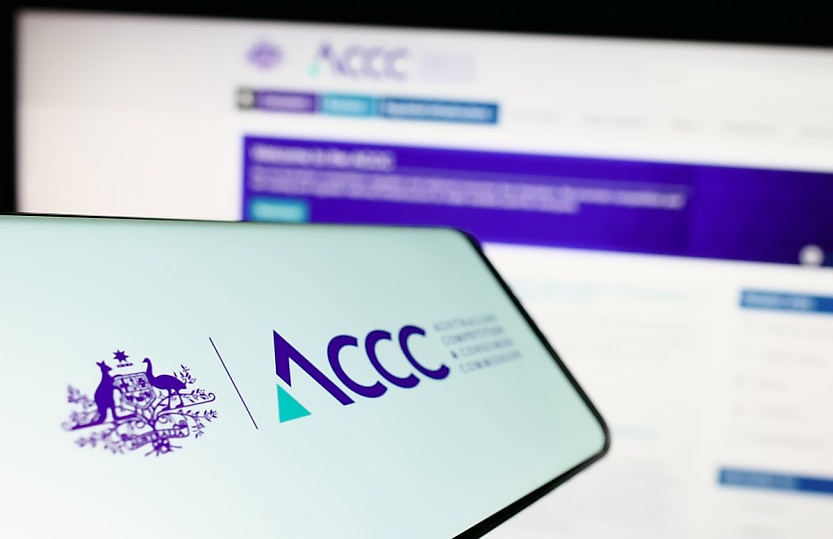ACCC homes in on misleading NDIS advertising

“Problematic” businesses with advertising targeted at NDIS participants are being put on notice by the ACCC.
The ACCC has revealed it will focus on businesses with problematic advertising practices that target participants in the National Disability Insurance Scheme (NDIS).
It was noted by the ACCC that the NDIA and the NDIA Quality and Safeguards Commission had been working together to identify if certain advertising was in breach of the Australian Consumer Law.
ACCC deputy chair Catriona Lowe said businesses that have claimed association with the NDIS negatively impacted all NDIS participants.
This was based on the changes to the NDIS clarification on the support that participants can and cannot spend their NDIS funding that came into effect on 3 October 2024.
“Businesses must not make false representations regarding access to the NDIS, and consumers must be able to rely on statements being made by NDIS providers as being true and accurate,” Lowe said.
“The ACCC is concerned that many businesses continue to advertise goods or services that appear on the list of ineligible supports in a way that suggests NDIS funding can be used to purchase them.”
“We are also concerned that many NDIA providers are claiming that certain products or services are ‘NDIS approved’, ‘NDIS funded’ or otherwise NDIS endorsed when this is not the case.”
The ACCC said concerning advertising examples included the words ‘NDIS approved’, ‘all-inclusive’, ‘costs covered’, instructions on how to utilise NDIS funding codes and suggestions that the NDIS was associated or affiliated with a business.
All advertising that included examples or different forms of those terms was labelled as a point of concern as the NDIS does not have the function to approve, endorse, fund holidays, cover food costs, or cover recreational activities.
According to the ACCC and the NDIS, no categories of goods or services are automatically approved or funded for all NDIS participants.
If particular goods and services were approved or funded by the NDIS it would depend on a participant’s plan, their needs and goals, and what was defined or identified in the plan.
NDIS said it did not provide specific approval or accreditation for any particular goods or services in general.
Lowe said the ACCC was actively investigating multiple NDIS providers for contraventions of the Australian Consumer Law and anticipated taking public enforcement action shortly.
“When NDIS participants are induced into buying support goods or services that are not claimable under their plans, they can be left with substantial personal debts,” Lowe said.
“These participants may also be experiencing financial hardship or vulnerability and may not have the means to pay for these goods and services.”
“NDIS providers should be aware that we are closely monitoring and responding to how they advertise their products and services to consumers and that we will not hesitate to take appropriate enforcement action if we consider advertising is false or misleading.”
The ACCC called for all businesses supplying goods and services to NDIS participants to urgently review their advertising to ensure they were complying with the Australian Consumer Law.
About the author

